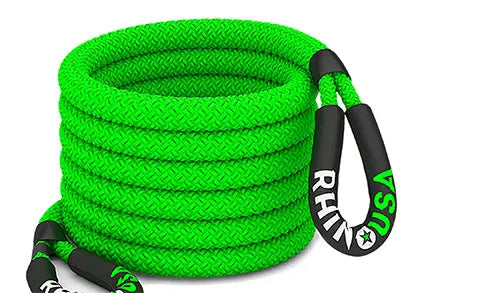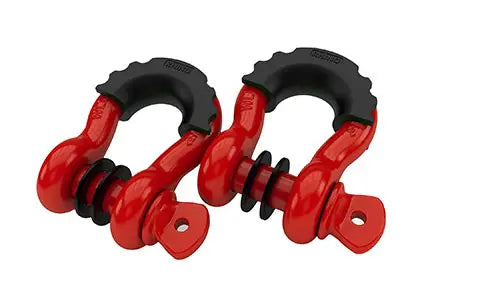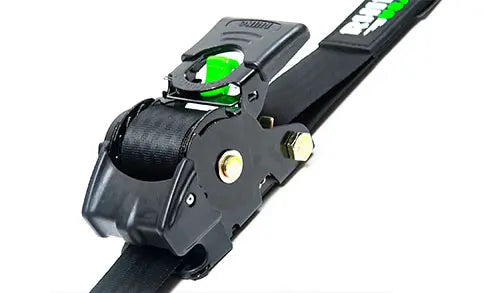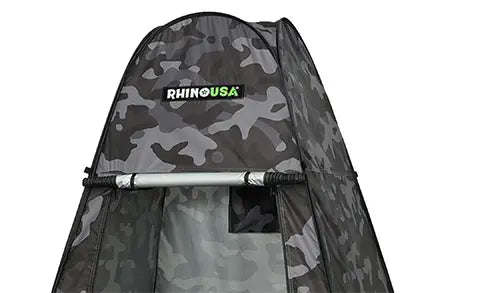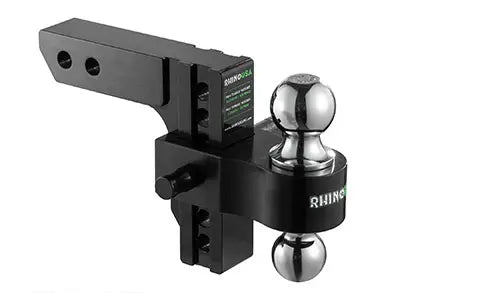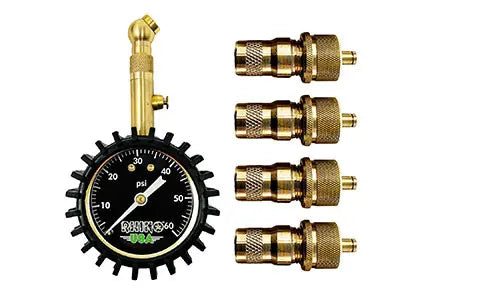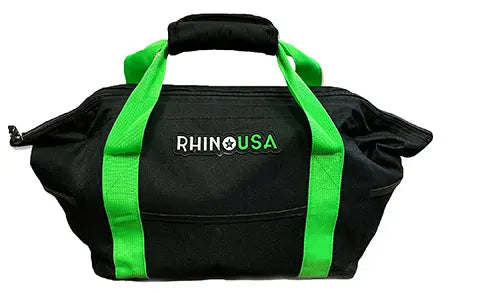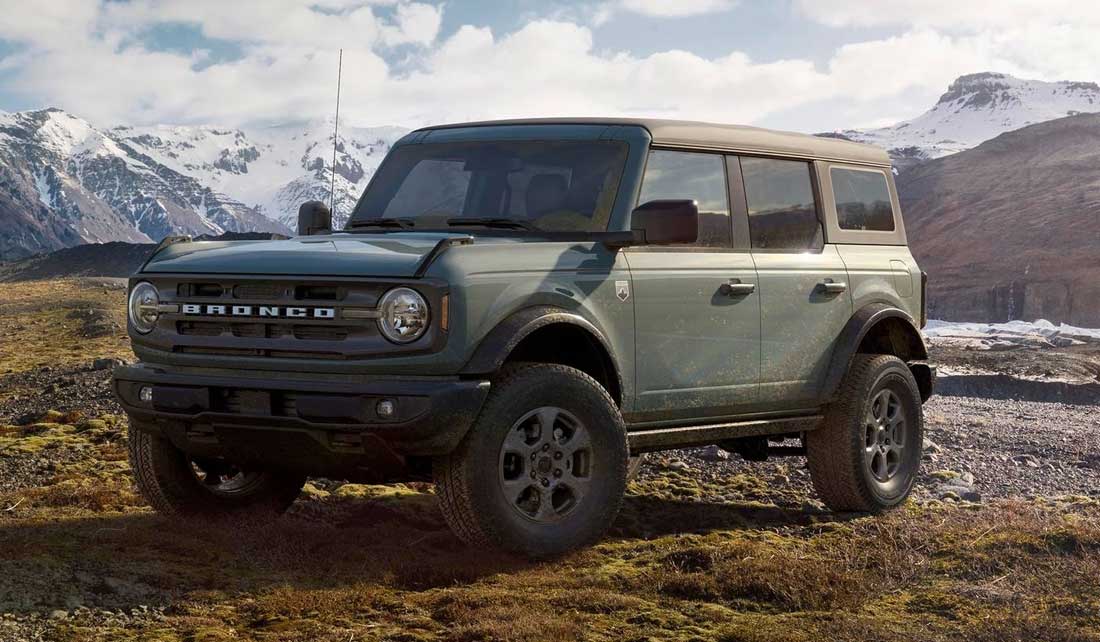
Best SUVs for Off-Road in 2024
Off-road adventures require vehicles that can tackle challenging terrain with ease. An SUV with robust off-road capabilities offers the perfect combination of power, traction, and stability to explore the road less traveled. When searching for the best SUVs for off-road, prospective buyers must consider a range of features, including four-wheel drive systems, ground clearance, suspension quality, and all-terrain tires.

Market-leading SUVs designed for off-roading often come equipped with advanced technologies to assist drivers in navigating through rough landscapes. These may include hill descent control, a locking differential, skid plates, and driver-selectable terrain modes, which are integral for safely conquering rocks, mud, sand, or snow. Durability is another critical factor, as off-road vehicles must withstand the wear and tear of unpaved environments.
As the automotive industry continues to evolve, manufacturers are integrating more sophisticated off-road enhancements while also improving fuel efficiency and comfort. This has broadened the appeal of these rugged SUVs, making them suitable not only for adventure-seekers but also for families that desire a versatile vehicle for everyday use. With a variety of options available, the selection of the best off-road SUV must be tailored to an individual's specific needs and preferences regarding performance, reliability, and design.
Top SUVs for Off-Road Capabilities
![]()
When selecting an SUV for off-road adventures, potential buyers should consider performance and design. The SUVs listed excel in traversing challenging terrain and durability.
Performance Leaders
- Jeep Wrangler Rubicon: The Rubicon variant boasts a 3.6L V6 engine, providing ample power and control. Standard 4x4 drive and locking differentials ensure optimal traction.
- Ford Bronco: Equipped with a turbocharged engine and G.O.A.T. Modes® (Goes Over Any type of Terrain), the Bronco stands out for its adaptable driving modes for various off-road conditions.
Rugged Design Winners
- Land Rover Defender: The Defender is engineered for durability, with a robust chassis and adaptive air suspension enhancing its off-road prowess.
- Toyota Land Cruiser: Renowned for reliability, the Land Cruiser's body-on-frame construction and advanced four-wheel-drive system contribute to its superior off-road capabilities.
Please note that these models have been chosen based on their specific features that contribute to off-road performance and may not represent the complete market spectrum.
Off-Road Technology and Features

The capability of an SUV to traverse challenging terrains is heavily reliant on its off-road technological advancements and specialized features. These innovations are engineered to tackle a variety of landscapes with ease.
Advanced 4x4 Systems
Advanced 4x4 systems are crucial for providing the necessary traction when navigating rough terrains. They operate by distributing power to all four wheels of the vehicle to prevent slippage and ensure stability. For instance, Jeep’s Quadra-Drive II employs a rear electronic limited-slip differential, which allows for superior traction by transferring torque to the wheel with the most grip.
Terrain Management Systems
Terrain Management Systems give drivers the ability to match vehicle settings to the current off-road conditions. Ford's Terrain Management System, offered in models like the Ford Explorer, includes selectable modes such as Mud, Sand, and Rock. These modes adjust the throttle response, transmission shift points, and traction control to optimize vehicle performance for the specific type of terrain encountered.
Durability and Reliability in Off-Roading
When selecting an SUV for off-road use, durability and reliability are key factors that one must consider. Vehicles that excel in off-road conditions typically possess robust construction, which includes a reinforced chassis, strong suspension components, and protective skid plates. These features help withstand the rough terrain and constant jostling associated with off-roading.
It is not just the undercarriage that requires durability; body panels should be manufactured from high-quality materials to resist dents and damage from rocks and debris. The following table highlights typical durable features found in reliable off-road SUVs:
| Feature | Function | Benefit |
|---|---|---|
| Reinforced Chassis | Provides structural strength to the vehicle | Enhances longevity when driving over rugged landscapes |
| Heavy-Duty Suspension | Absorbs impact and maintains stability | Reduces wear on vehicle components and increases comfort |
| Protective Skid Plates | Shields crucial underbody elements | Prevents damage to the engine, fuel tank, and transmission |
| All-Terrain Tires | Offers better grip and puncture resistance | Ensures safety and reliability on varied off-road surfaces |
A SUV's reliability also depends on its powertrain configuration. A well-engineered four-wheel-drive (4WD) or all-wheel-drive (AWD) system ensures that the vehicle delivers consistent power to the wheels, thereby maintaining traction in slippery or uneven conditions. Additionally, a vehicle's dependability is greatly influenced by its ability to continue operating effectively after sustaining inevitable wear and tear from off-road use. This includes having an engine and transmission that can cope with high stress and an electrical system protected from dust and water ingress.
Manufacturers known for producing durable and reliable off-road vehicles often back their SUVs with comprehensive warranties and maintain a strong reputation for customer satisfaction over time. This commitment to quality reassures buyers that the vehicle they choose is capable of facing off-road challenges successfully.
Price Comparison and Value Assessment
When evaluating off-road SUVs, the price point is a crucial factor for buyers. Jeep Wrangler and Toyota 4Runner are notable for their robust off-road capabilities. The entry-level Wrangler starts around $31,995, whereas the 4Runner begins at approximately $40,705. The Jeep models span a range of trim levels and customization options, which can push the price north of $50,000. Toyota's 4Runner similarly escalates in cost with upgrades and additional off-road gear.
| SUV Model | Base MSRP | Top Trim MSRP |
|---|---|---|
| Jeep Wrangler | $31,995 | $50,000+ |
| Toyota 4Runner | $40,705 | $50,000+ |
Value assessment must consider both initial purchase price and long-term ownership costs. Jeep Wrangler boasts higher resale values, while Toyota 4Runner is acclaimed for its reliability and durability. Both vehicles can incur additional costs for modifications and repairs, common in off-road usage.
Potential buyers should weigh trim levels and standard features. The base model of Wrangler offers essential off-road components; conversely, 4Runner's base model is better equipped for daily driving with a focus on comfort. Additional packages and options enhance off-roading prowess and safety, impacting the final price.
Depreciation rates must also be considered. Traditionally, off-road-focused SUVs like these tend to maintain their value better than typical vehicles, with some models seeing slower depreciation due to their off-road niche appeal and robust construction.
So, with whichever off-road SUV you choose for 2024, we hope that this article was able to answer some of your questions before purchasing. If you already own an off-road SUV, check out our Recovery Gear and Accessories. Thank you for stopping by and Happy New Year!
- Choosing a selection results in a full page refresh.

